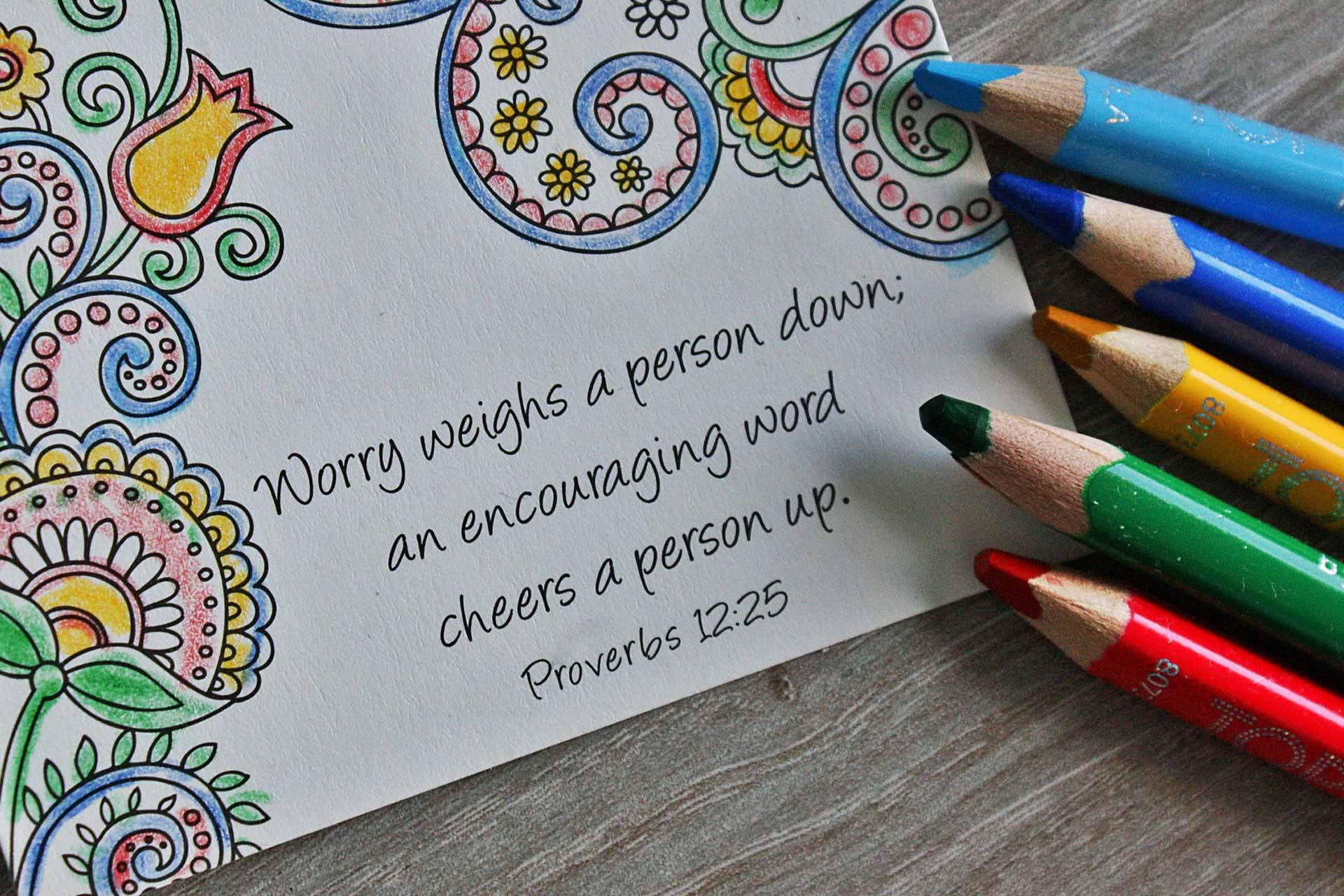How Spiritual Coaching Can Help Deepen Your Relationship with the Lord
Have you ever had one of those moments when you knew what you wanted to do and accomplish, but you didn’t have the foggiest clue how to get started? Life can be like that sometimes. We have the goal clearly in our minds, but the process feels elusive. When it comes to spiritual growth and one’s relationship with the Lord, you can also find yourself aware of your goal, but vague and uncertain about how to get where you want to be. Spiritual coaching can help. One of the benefits of spiritual coaching is that it can help you figure out what your goals are, and it can clarify the steps you need to take to accomplish those goals. This article will explore how spiritual coaching can be an effective tool in your growth and depth of relationship with the Lord. Christian Spiritual Coaching Unpacked The word “coach” will most often conjure images of a sports event, with players on the field and the coach on the sidelines pacing up and down while issuing instructions. That isn’t way off from the mark in describing what a Christian spiritual coach is and does. No one can walk your walk with the Lord for you; only you can do that, empowered by the Spirit. But someone can come alongside you to encourage and guide you on the way. A Christian spiritual coach is a trained individual whose task is to guide others in their spiritual journey. A coach helps others to discover and fulfill the Lord’s purposes for their lives, and they help them to grow their faith. A Christian spiritual coach will use methods such as open-ended questions, reflective listening, exploring Scripture, prayer, meditation, spiritual practices like fasting and journaling, as well as accountability and goal setting. When a spiritual [...]











